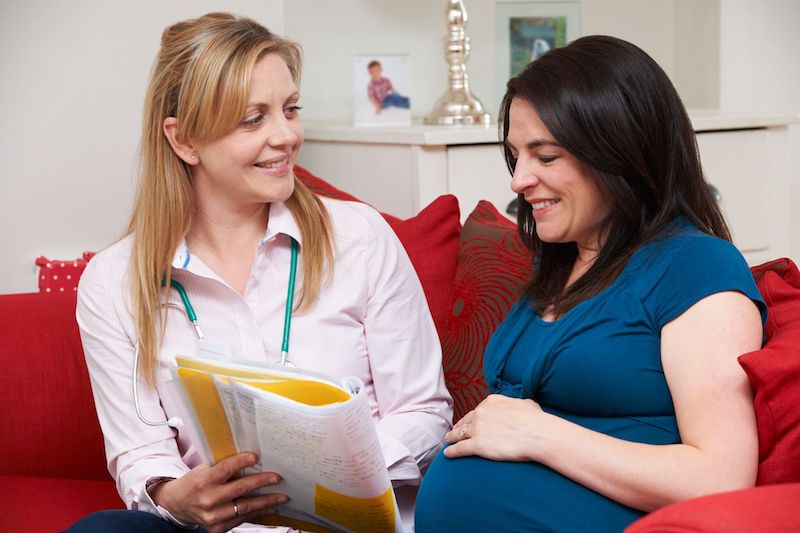Fertility is often viewed through the lens of physical health, but mental wellness plays an equally crucial role.Read More
Research indicates that mental health disorders can affect hormonal balance and overall reproductive function. For instance, high levels of stress can lead to irregular menstrual cycles and hormonal imbalances, which may hinder ovulation. Women experiencing anxiety or depression may also engage in behaviors detrimental to fertility, such as poor nutrition or lack of exercise. Moreover, the emotional toll of fertility struggles can create a vicious cycle. Couples facing infertility often experience heightened levels of stress, leading to a further decline in mental wellness, which can perpetuate fertility issues. Addressing mental health is thus a critical aspect of holistic fertility treatment. Chronic stress triggers the release of cortisol, a hormone that can interfere with the production of reproductive hormones like estrogen and progesterone. Elevated cortisol levels can disrupt the menstrual cycle, affecting ovulation and fertility. In men, stress can lower testosterone levels and reduce sperm production and quality, further complicating the path to conception. Anxiety and depression can lead to unhealthy coping mechanisms, such as smoking, excessive drinking, or poor dietary choices, all of which can negatively impact fertility. Additionally, individuals grappling with these conditions may neglect their health or avoid seeking medical help, further exacerbating their fertility challenges. Studies have shown that women with depression are less likely to conceive within a year compared to those with good mental health. Therefore, addressing mental health issues is vital for anyone trying to conceive. Incorporating mindfulness practices and meditation into daily routines can help reduce stress levels. Techniques such as deep breathing, yoga, and guided imagery have shown promise in alleviating anxiety and improving emotional well-being. Seeking professional help through therapy can provide valuable tools for managing stress and anxiety. Support groups for individuals or couples experiencing fertility challenges can offer a sense of community and understanding, which can be comforting during difficult times. Regular exercise is not only beneficial for physical health but also for mental wellness. Engaging in physical activities releases endorphins, which can improve mood and reduce stress levels. Aim for at least 30 minutes of moderate exercise most days of the week. Eating a balanced diet rich in whole foods, staying hydrated, and avoiding substances that can affect fertility are essential. Prioritizing sleep and maintaining a regular sleep schedule also contribute to better mental and physical health. For couples, open and honest communication about feelings, fears, and expectations can strengthen emotional connections and reduce stress. Discussing fertility challenges and emotions together fosters a supportive environment that can enhance overall well-being. The connection between mental wellness and fertility cannot be overstated. Stress and mental health issues can significantly affect reproductive health, making it crucial to prioritize emotional well-being in the journey to conception. By adopting strategies to enhance mental wellness, individuals and couples can create a healthier, more supportive environment for themselves and their reproductive health. Ultimately, recognizing and addressing mental health is an integral part of the fertility equation, paving the way for a more balanced approach to achieving pregnancy.The Link Between Mental Health and Fertility
Stress and Hormonal Imbalance
The Role of Anxiety and Depression
Strategies for Enhancing Mental Wellness
Conclusion





